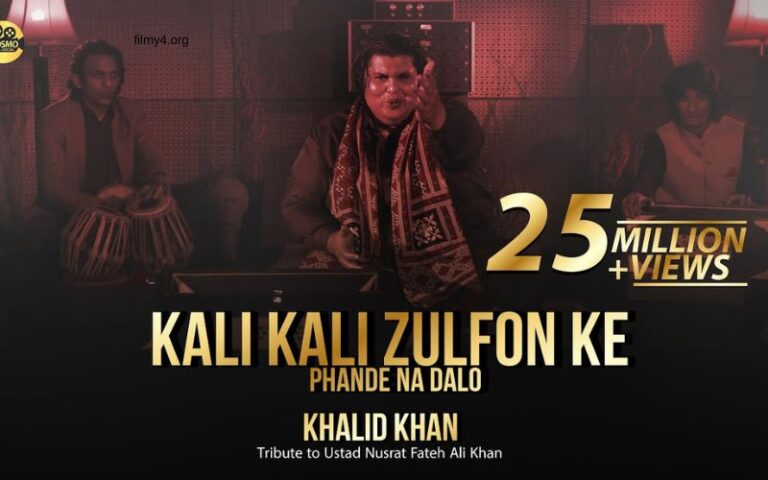“Kali Kali Zulfon Ke Phande Na Dalo” is a timeless Urdu ghazal that has captivated audiences for generations. This poetic masterpiece, penned by the renowned Urdu poet Mirza Ghalib, is a testament to the enduring power of language and the human experience. The song’s evocative lyrics and haunting melody have made it a beloved classic in South Asian music and literature.
As you delve into the intricacies of this lyrical gem, you’ll be transported to a realm where love, longing, and the complexities of the human heart are woven into every word. The song’s title, which translates to “Do not entangle me in the snares of your dark tresses,” sets the stage for a captivating exploration of the emotional depths of the human experience.
The meaning and significance of the lyrics
The lyrics of “Kali Kali Zulfon Ke Phande Na Dalo” are a tapestry of intricate metaphors and poetic devices that convey the speaker’s profound emotional journey. The use of the term “kali kali zulfon,” or “dark tresses,” is a metaphorical representation of the beloved’s alluring features, which the speaker implores not to ensnare him further.
The lyrics delve into the paradoxical nature of love, where the speaker is simultaneously drawn to and repelled by the beloved’s captivating presence. The line “Kali kali zulfon ke phande na dalo” expresses the speaker’s desire to be free from the entanglement of the beloved’s charms, yet the very act of uttering these words betrays an underlying longing and attachment.
Throughout the song, the speaker navigates the complex interplay between desire and resistance, yearning and detachment, ultimately revealing the profound and often contradictory nature of the human heart.
Analysis of the poetic elements in the song
“Kali Kali Zulfon Ke Phande Na Dalo” is a masterful display of Urdu poetic tradition, showcasing Mirza Ghalib’s remarkable command of the language and his ability to weave intricate tapestries of imagery and emotion.
- Metaphors and Symbolism: The use of “kali kali zulfon,” or “dark tresses,” is a powerful metaphor that symbolizes the beloved’s captivating beauty and the speaker’s struggle to resist its allure. The notion of “phande,” or “snares,” further reinforces the idea of the beloved’s charms as a trap from which the speaker seeks to be freed.
- Rhyme and Rhythm: The ghazal form, which “Kali Kali Zulfon Ke Phande Na Dalo” adheres to, is characterized by its intricate rhyme scheme and rhythmic structure. The repetition of the phrase “kali kali zulfon ke phande na dalo” at the end of each couplet creates a mesmerizing cadence that heightens the emotional impact of the lyrics.
- Ambiguity and Duality: The lyrics of the song often exhibit a sense of ambiguity and duality, where the speaker’s emotions and desires are in a constant state of flux. This creates a sense of tension and complexity that reflects the nuances of the human experience.
- Imagery and Sensory Evocation: The lyrics of the song are rich in vivid imagery, evoking a sensory experience for the listener. The references to the beloved’s “dark tresses” and the “snares” they create appeal to the visual and tactile senses, drawing the audience deeper into the emotional landscape of the poem.
These poetic elements, woven together with masterful craftsmanship, elevate “Kali Kali Zulfon Ke Phande Na Dalo” to the realm of timeless literary and musical brilliance.
Historical context and cultural references
“Kali Kali Zulfon Ke Phande Na Dalo” is deeply rooted in the rich cultural and literary traditions of South Asia, particularly the Urdu poetic canon. The ghazal form, which the song adheres to, has its origins in the Persian poetic tradition and was later adopted and adapted by Urdu poets, including the legendary Mirza Ghalib.
